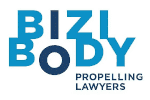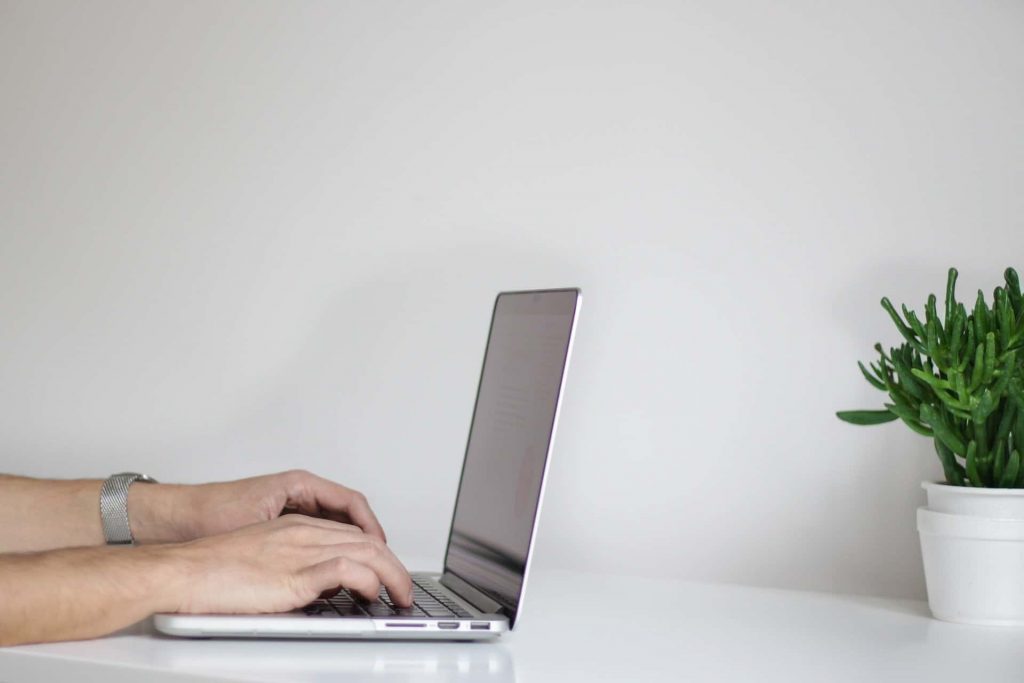Mayhem or a welcomed timeout? The first day of enforced work from home for Singapore law firms
For conveyancers, the first Singapore CIRCUIT BREAKER day was a MAYHEM of non-stop activity, which started from all-nighters the evening before. Conveyancing outfits were go go go at a frantic pace because conveyancing is still a very very physical affair. Paper files abound, completions are physical face-to-face meetings with various parties seated around a table, documents and instruments need to be physically signed and witnessed by a lawyer, cashier’s orders and keys and documents need to be physically exchanged, banks insist on hard copy drawdown requests, and property transfer and mortgage documents need to be physically lodged at the Land Titles Registry.
Thankfully, conveyancing transactions have now been specified as essential services, so skeletal critical staff at conveyancing law offices is permitted. Unfortunately, there was confusion as to whether firms had to stop business prior to approval or whether they could do so immediately after submission of the application for general exemption.
Upcoming changes to the Electronic Transactions Act will make it possible for conveyancing documents and wills to be electronically signed. But the impossibility for conveyancing outfits to WFH is an indication that much much more needs to done before eConveyancing becomes possible.
Lawyers who were younger parents also found themselves running around like “headless chickens” as they assumed a secondary role of home-based learning supervisor.
Litigators on the other hand look set to enjoy a month of unexpected reprieve from their usual hustle and bustle, since court hearings have been adjourned and arbitration hearings similar postponed, are looking forward to a month of staying home to prepare for their hearings, in between Netflix binge sessions.
The New Normal for Singapore Law Firms
Many Singapore law firms have been caught unprepared to meet the demands of our new normal as lawyers work from home without a support staff insight, without the office equipment, without the paper file.
The new normal of VPN, firewalls, OneDrive and remote access software, the technology which helps lawyers to access the digital stuff at the office from home, have created new worries regarding risk, hazards, and challenges. There is make-do access, and this may work for the time being, but is the make-do access safe enough? Which method is best? Is the make-do remote access compliant with the Law Society Cyber Security Guidelines? Will the stop-gap approach result in a whole lot of housekeeping and unnecessary duplicates and versions of documents? What is the better longer-term WFH approach?
Work From Home Revelations
At the same time, this WFH experiment has been an unexpected revelation for some. As my classmate, Ravi – the IP lawyer at Ravindran Associates LLC – says it is “very liberating to work from home. I am enjoying it very much and you know that I am a dinosaur. So, it’s true that old saying that you can make a dinosaur change its spots.” Thumbs up Ravi. Whether that liberation is not having to commute or get into office attire, or just simply, time to stop and stroke the cat, this enforced time-out may just give us what we always say we need but never quite achieve.
Not all lawyers may want to work from home in the future, but this WFH Timeout will lead to more accommodation for flexible working and breaking down the 9-6 working model.
Beginner tips to increase WFH productivity
- Get yourself a second monitor (at least 21.5 inches). So much of your time is spent having to counter-check documents against another document or copying and pasting information from one document into another. Using two screens saves grey matter and your eyes;
- Document Signing – Learning how to affix an electronic signature on your documents saves 4 consuming steps of print, sign, scan, name. If you haven’t yet, it’s worthwhile learning how to set that up.
These two tips will make a big difference in your WFH productivity and enjoyment.
The WFH Consortium
The WFH Consortium comprises Bizibody Technology, Availabilit (AVBT) and Litigation Edge. We are committed to helping the legal community through the challenges of teleworking, remote work, and collaboration. If you have questions on how to safely and effectively WFH, please submit your WFH question to the WFH Consortium Online Support Portal.

